Thirty Years of Elliniki Agogi: The Timeless Power of the Greek Language
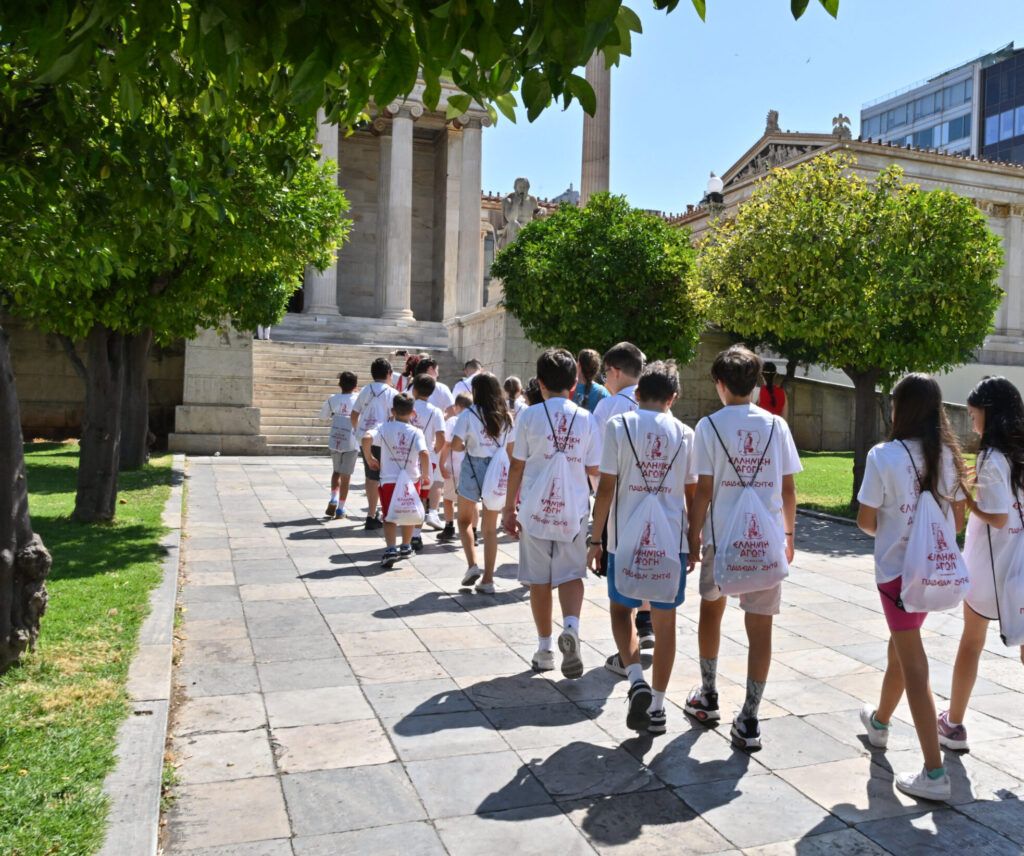
In 2024, Elliniki Agogi marked thirty years of uninterrupted educational activity, dedicated to the teaching of Ancient Greek language and Classical education in general. Founded in 1994 as an ambitious educational endeavor, its aim was to bring children and adults into a living, meaningful contact with the language, thought, and values of Greek civilization. Today, it is […]
Between Speed and Quality: The Role of Humanistic Studies

By Eugenia Manolidou Head of studies In an era of constant technological acceleration, the educational process is being redefined in terms of innovation and efficiency. Yet the future is not determined solely by what machines can do, but by what is still worth doing by humans — something that makes classical and humanistic studies more […]
Great Honor for Elliniki Agogi: A Feature in Yomiuri Shimbun
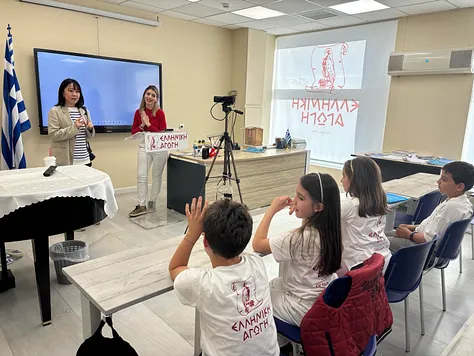
We are deeply honored by the presentation of our school in a feature article in Yomiuri Shimbun, Japan’s largest newspaper, written by Rome correspondent Yumiko Kurashige, who recently visited Elliniki Agogi in Athens. The article describes the teaching of Ancient Greek to both children and adults, and the school’s deep connection with mythology, philosophy, and the […]
Music: The Gift of the Gods, the Language of Paideia
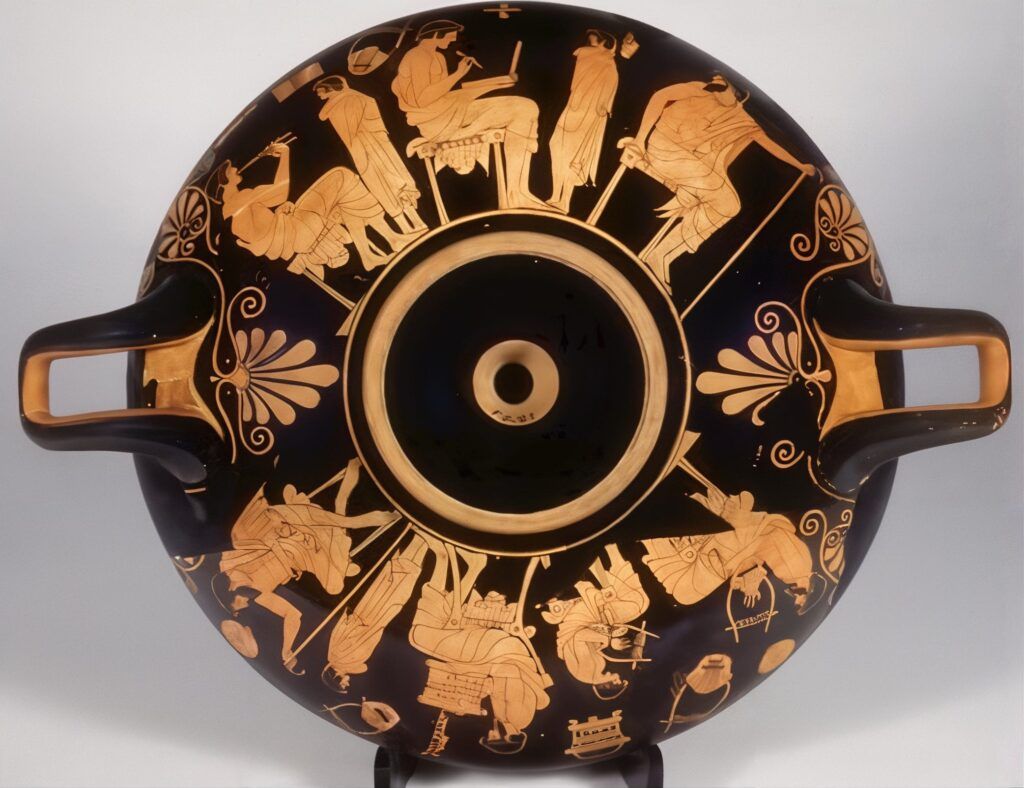
by Eugenia Manolidou In ancient Greece, music was a way of life, not just a form of art; an essential element of paideia, of moral and intellectual education, and of cultivated thought. It was present in every sphere of human activity: in religious festivals, in the theatre, in athletic contests, even in battle and at […]
Classics: The heartbeat of our Humanity
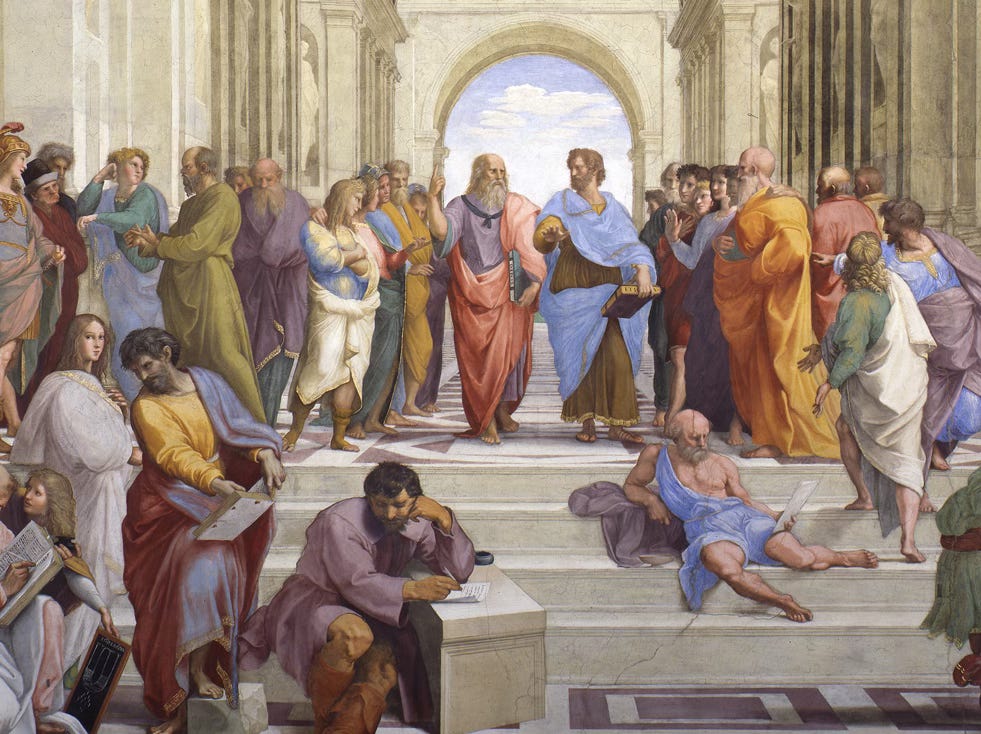
by Eugenia Manolidou Undoubtedly, we are living in an era increasingly shaped by artificial intelligence. Machines now perform tasks once believed to belong exclusively to human hands and minds. In recent years, it has become almost fashionable to question the place of the Humanities – Classics, Philosophy, Literature, History, Art – in this new […]
Classical Greek as Universal Heritage

by Eugenia Manolidou Χαίρετε πᾶσαί τε καὶ πάντες! Ὡς εὖ παρέστητε ἐν ταύτῃ τῇ καλλίστῃ καὶ σπουδαιοτάτῃ συνόδῳ ἐν Δελφοῖς, ἐν τῷ τῆς ὑφηλίου ὀμφαλῷ. With these words in Ancient Greek, we opened Delphi Classics – Classics in Praxis 2025, a dynamic section of the Delphi Economic Forum established in 2022. Its mission is to […]
Anthesteria and the Greek Carnival: A Timeless Tradition
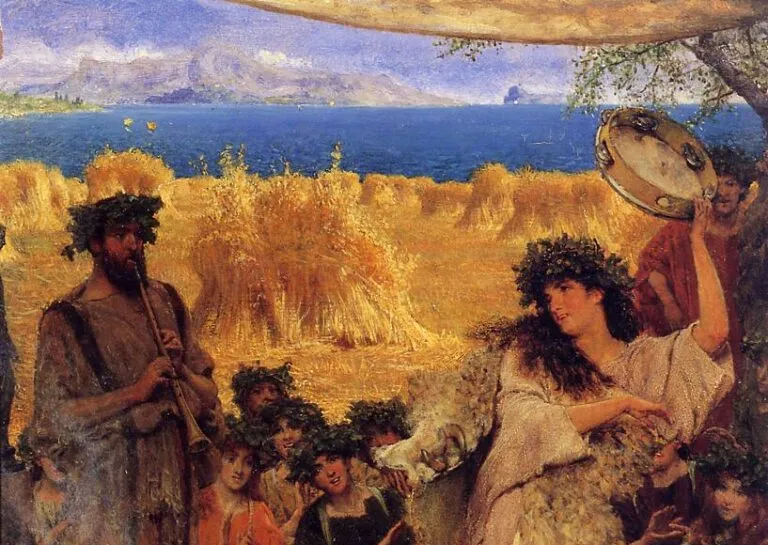
by Eugenia Manolidou The Greek Carnival, with its disguises, satirical songs, and Dionysian celebrations, has roots that go deep into history. The festival of Anthesteria, the Eleusinian Mysteries, and the worship of Dionysus shaped the carnival traditions that have survived to this day and are part of a long series of festivals and customs that […]
Ancient Greek Customs: The Carols of Spring and the March bracelet
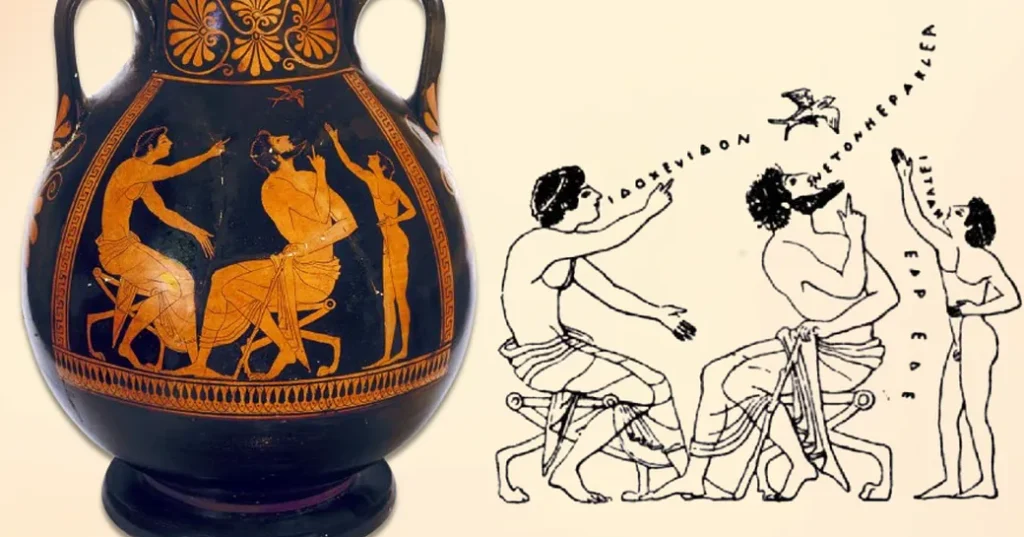
by Eugenia Manolidou The “Swallow Songs’“ and “Martis” (March bracelet) are two of the most characteristic spring customs in Greek folk culture, with roots dating back to antiquity. The Swallow Songs are known as the “Spring Carols,” songs sung by children on March 1st to welcome spring and the swallows. “Martis” is a bracelet made […]
Classical Education in Greek Schools: A Symposium at the Academy of Athens
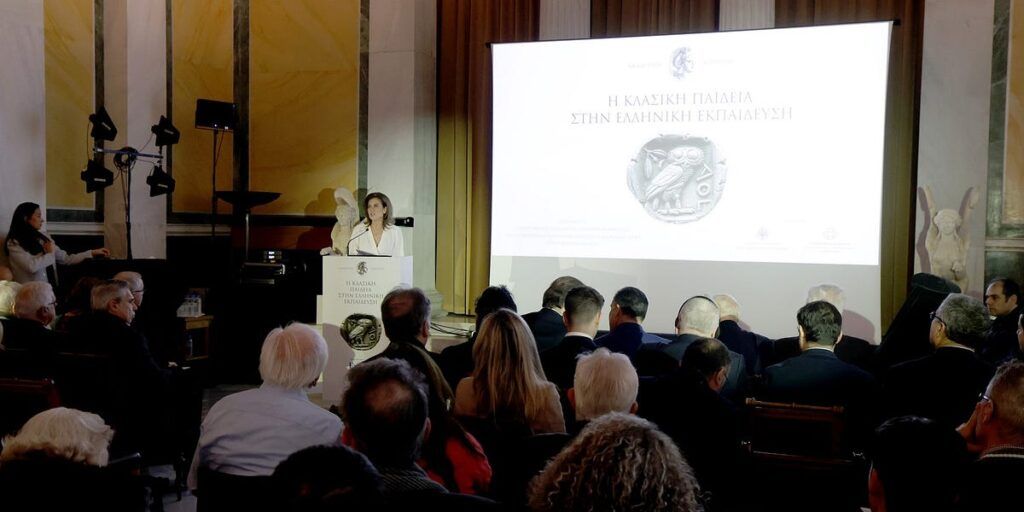
by Eugenia Manolidou The World Greek Language Day was established in 2017 by Professor Giorgos Korinthios to coincide with the anniversary of the death of Dionysios Solomos on February 9th. This day was instituted to honor the Greek language as a cultural treasure and a pillar of civilization, thought, and history in the Western world. […]
Isaac Newton’s Guide to Ancient Greek
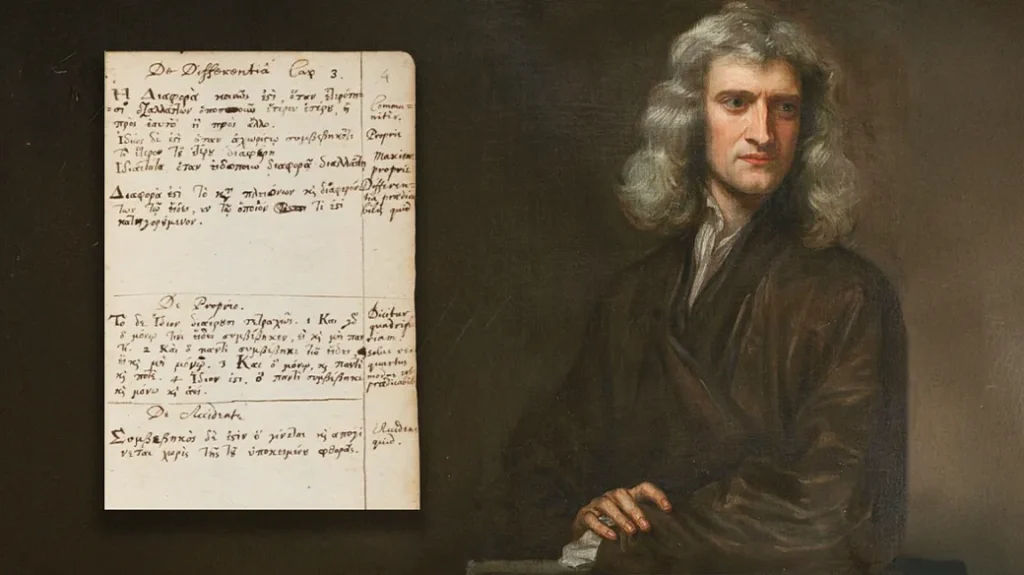
by Eugenia Manolidou I just read the article about Isaac Newton and his unknown notes in Greek. Newton, known for his contributions to science, had the ability to record his observations in the Greek language, a fact that demonstrates the importance of knowledge of classical languages at the time (Proto Thema, 2024). This may impress […]